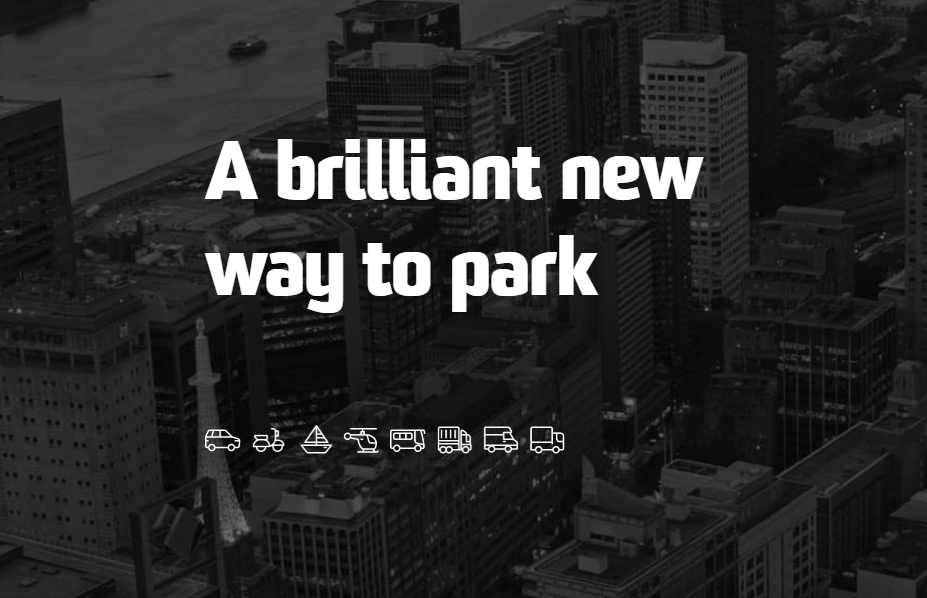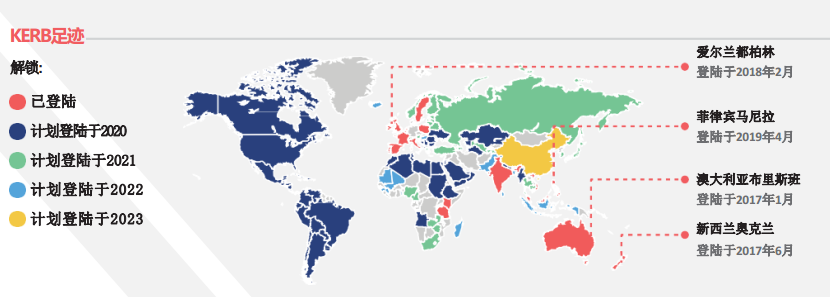
Summary
KERB is a parking and travel platform that provides full service around the world, aiming to "add data points" to the smart city of the future. At the same time, KERB is also a B2B parking lot management platform, serving commercial parking lots, hotels, entertainment venues, universities and religious sites around the world.
Application KERB is a technology platform that provides parking services. It aims to solve a major problem in cities in developed and developing countries, serving commercial parking lots, hotels, entertainment venues, universities and religious places around the world. Kerb offers parking for cars, motorbikes, caravans, boats, shipping containers, trucks and even helicopters. It has customised its platform for the parking requirements of different vehicle-types. For example, Kerb collects vehicle registration and insurance documentation, if required upon booking .
Evaluation Toyota, IWG, Q-Park, the second largest parking operator in Europe, and Sunway Group, the largest real estate group in Malaysia, all spoke highly of the KERB model and cooperated: -Toyota has signed a global memorandum of understanding to create an in-vehicle version of KERB. -IWG/Regus is conducting a proof-of-concept of Australia+Malaysia, with a view to launching KERB at 3,500 IWG sites around the world. -Centre Group, the 20th largest retail giant on the Australian Securities Exchange, is likely to include KERB as the first of several Westfield shopping malls to be opened next. -Q-Park, the second largest parking operator in Europe, has cooperated with KERB on 70 parking lots in the UK and Ireland, including the integration of its parking hardware. -After successful proof of concept, Malaysia’s largest real estate group-Sunway Group-has agreed to use KERB as its exclusive reservation for two major parking lots in the Kuala Lumpur city centre from July 1, 2020 And payment system, and may add 10,000 parking spaces.
Case Introduction KERB is a technology platform that provides parking services, which solves a major problem in cities in developed and developing countries. Its two-pronged strategy aims to quickly capture global market share. KERB has formulated a ten-year strategy divided into four phases, including: -Phase 1: Peer-to-peer parking "The Airbnb of parking spaces" to increase the supply of restricted markets around the world. -Phase 2: "Uber in parking spaces" in commercial parking lots, subverting this low-efficiency global industry worth $1 trillion. -Phase 3: Urban mobility, the "distributed service model" P2P space becomes a parking lot/charging station + safe pickup point for electric vehicles and articulated vehicles. -Phase 4: Data-personnel flow, pattern recognition, electric vehicle route planning, location-based marketing. (Global mobility, monitoring, marketing). KERB is a powerful backing for urban travel and data collection. KERB is rapidly establishing a peer-to-peer private parking space network in major cities around the world. It has been launched in 98 cities in 30 countries. Its APP and website are available in 19 languages and provide localized services for 600 cities in 130 countries.



